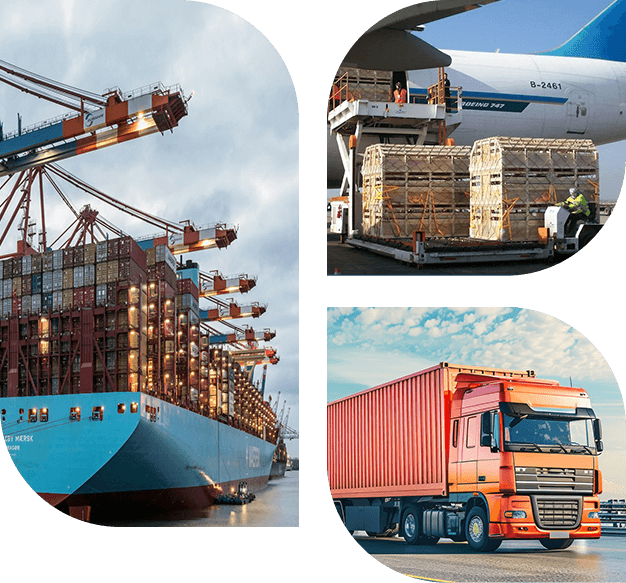Unlocking the Potential: Essential Factors for Efficient Water Transport
Water transport plays a vital role in global trade and transportation, enabling the movement of goods and people across vast distances. To ensure the smooth and efficient operation of water transport systems, several key factors come into play. In this article, we will explore the essential elements that contribute to the effectiveness of water transport, providing valuable insights for industry professionals and enthusiasts alike.
- Infrastructure Development:
The foundation of any successful water transport system lies in well-developed infrastructure. This includes the construction and maintenance of ports, harbors, canals, and waterways. Adequate depth, width, and navigability are crucial to accommodate vessels of varying sizes and ensure safe passage. Furthermore, the integration of advanced technologies, such as automated cargo handling systems and real-time monitoring, enhances efficiency and reduces turnaround times. - Efficient Vessel Design:
The design and construction of vessels play a pivotal role in optimizing water transport operations. Ships with streamlined hulls, optimized propulsion systems, and fuel-efficient engines significantly reduce fuel consumption and emissions. Incorporating innovative technologies like hybrid propulsion, wind-assisted propulsion, and hull optimization further enhance vessel performance, making them more sustainable and cost-effective. - Navigation Aids and Safety Measures:
To ensure safe and efficient water transport, the implementation of robust navigation aids and safety measures is paramount. Advanced navigational systems, including GPS, radar, and electronic chart display and information systems (ECDIS), enable precise vessel positioning, route planning, and collision avoidance. Additionally, the establishment of comprehensive safety protocols, regular maintenance of navigational aids, and effective communication channels contribute to accident prevention and swift response in emergency situations. - Sustainable Practices:
In an era of increasing environmental consciousness, sustainable practices are gaining prominence in the water transport industry. Adoption of cleaner fuels, such as liquefied natural gas (LNG) and biofuels, reduces greenhouse gas emissions and minimizes the ecological impact. Furthermore, implementing ballast water management systems, which prevent the introduction of invasive species, and utilizing eco-friendly antifouling coatings help preserve marine ecosystems and maintain water quality. - Integration of Digital Technologies:
The integration of digital technologies is revolutionizing the water transport industry, enhancing operational efficiency and decision-making processes. Utilizing data analytics, artificial intelligence (AI), and the Internet of Things (IoT) enables real-time monitoring of vessel performance, predictive maintenance, and optimized route planning. Additionally, digital platforms facilitate seamless coordination among stakeholders, improving supply chain visibility and reducing administrative burdens.
Conclusion:
Efficient water transport is a multifaceted endeavor that requires a holistic approach encompassing infrastructure development, vessel design, navigation aids, sustainability, and digital integration. By prioritizing these essential factors, the water transport industry can unlock its full potential, ensuring seamless connectivity, reduced environmental impact, and enhanced operational efficiency. Embracing innovation and sustainable practices will pave the way for a future where water transport remains a cornerstone of global trade and transportation.


